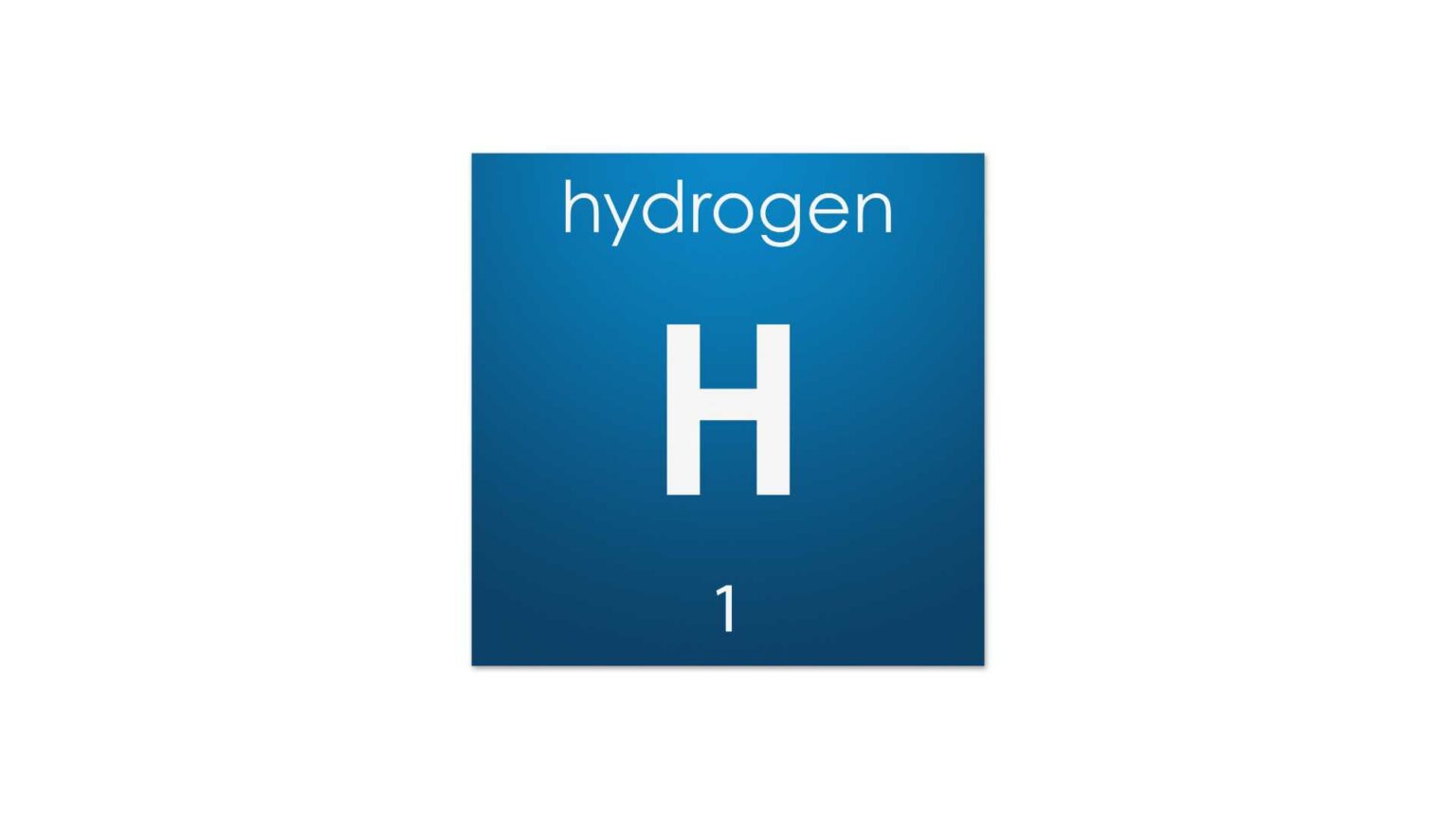The focus on hydrogen as a clean energy source is primarily driven by its ability to mitigate environmental impact and contribute to a sustainable future.
While the conventional method of electrolysis using renewable electricity produces ‘green’ hydrogen, alternative methods of emissions-free or reduced-emissions production are gaining traction, promising a substantial impact in the future.
At present, approximately 98% of hydrogen is derived from fossil fuels, predominantly through the steam reforming of natural gas, resulting in what is termed as ‘grey’ hydrogen. As the world shifts its focus towards cleaner energy solutions, exploring avenues for ‘green’ hydrogen production becomes imperative.
One intriguing avenue gaining attention is the thermal recycling of municipal waste, offering a unique source for hydrogen production. In 2022, over 2600 waste treatment plants globally were in operation, with a capacity of approximately 460 million tons per year. Traditionally dominated by incineration processes, the sector is witnessing a paradigm shift towards alternative treatment methods, particularly as global waste volume is projected to surge from 2.1 billion tons per year to 3.4 billion tons per year by 2050.
The urgency to explore alternative waste treatment processes arises from the environmental consequences of landfilling organic waste. Methane emissions from landfilled organic waste are about 25 times more harmful to the climate than CO2, contributing significantly to the planet’s warming. In Switzerland, where 100% of municipal waste undergoes thermal treatment, the focus is on efficient recycling, minimizing the need for landfill space. However, in developing and emerging countries, the dumping of untreated waste remains prevalent, contributing to approximately one seventh of global methane emissions.
Alternative methods for thermal waste treatment, known as ‘waste-to-X’ solutions or specifically ‘waste-to-hydrogen’ (WtH), present a revolutionary approach. Processes like pyrolysis and gasification, where the feedstock is partially converted to synthesis gas (syngas) at high temperatures, offer a more diverse range of end products. This syngas, containing hydrogen, can be harnessed as fuel for various applications, including fuel cell vehicles.





